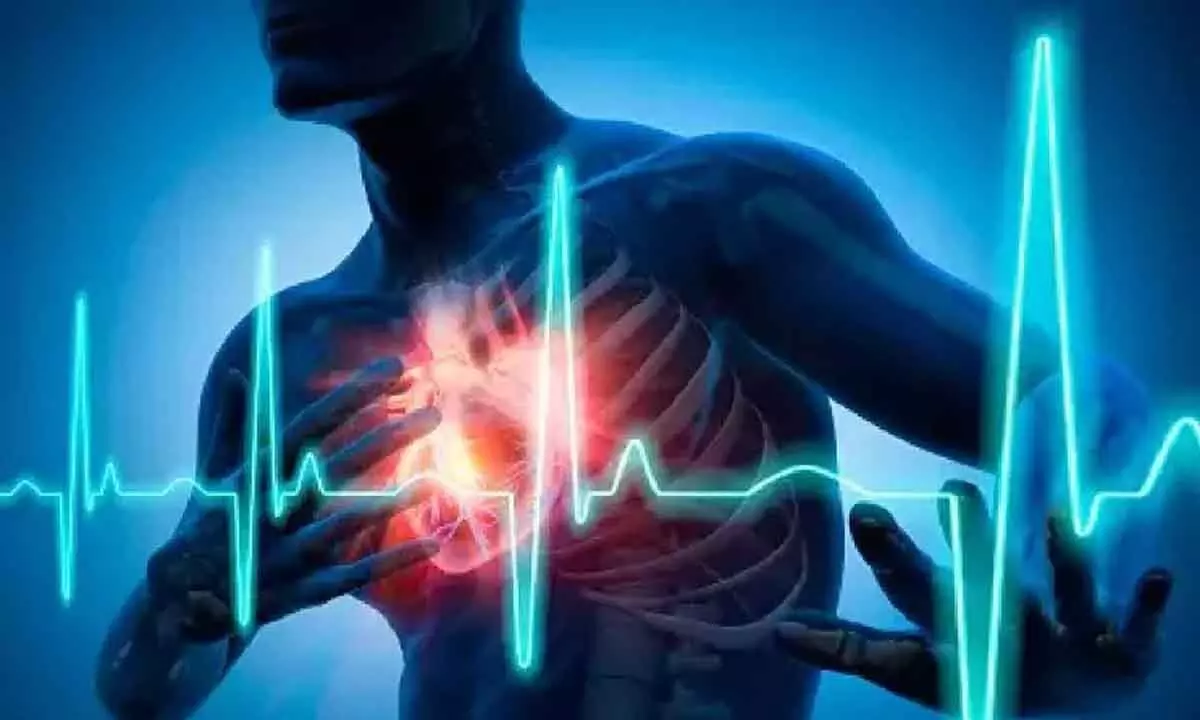How Covid-19 heightens risk of heart attack, stroke
Researchers at NYU Grossman School of Medicine have identified a direct mechanistic link between Covid-19 infection and heart complications
image for illustrative purpose

Report
• Covid-19 infects immune cells that protect the heart
• Infected immune cells release inflammatory proteins
• This promote a chronic immune response
• 2 of the inflammatory proteins are linked to heart attacks
Scientists have found that SARS-CoV-2, the virus behind Covid-19, triggers a dangerous immune response in hardened fatty deposits (plaques) lining the heart's largest blood vessels, leading to the risk of heart attack, stroke.
Experts have long observed that the Covid-19 coronavirus increases the likelihood of having a heart attack or stroke for up to a year after infection, particularly for those who already have underlying heart conditions.
However, the specific mechanisms that account for these risks had until now remained unclear. Researchers at New York University’s (NYU) Grossman School of Medicine in the US explored how the coronavirus behaves in those with atherosclerosis - a disease in which plaque collects in major arteries and prompts chronic inflammation. For the study, published online in the journal Nature Cardiovascular Research, the team detected the virus within the arteries of eight men and women with a history of atherosclerosis who had died of Covid-19. Besides colonising arterial heart tissue itself, the coronavirus was also spotted inside local immune cells called macrophages, which normally protect the heart by "swallowing" and disposing of excess fat molecules in arteries.
The experiments further showed that in response to the infection, the macrophages release inflammatory signalling proteins called cytokines that promote a chronic immune response. Notably, the researchers said, two of the identified cytokines, interleukin-1 beta and interleukin-6, have already been linked to heart attacks.
"Our findings provide for the first time a direct mechanistic link between Covid-19 infection and the heart complications it provokes," said lead author Natalia Eberhardt, Postdoctoral fellow in the Department of Medicine at NYU Langone Health.
"The virus creates a highly inflammatory environment that could make it easier for plaque to grow, rupture, and block blood flow to the heart, brain, and other key organs."

